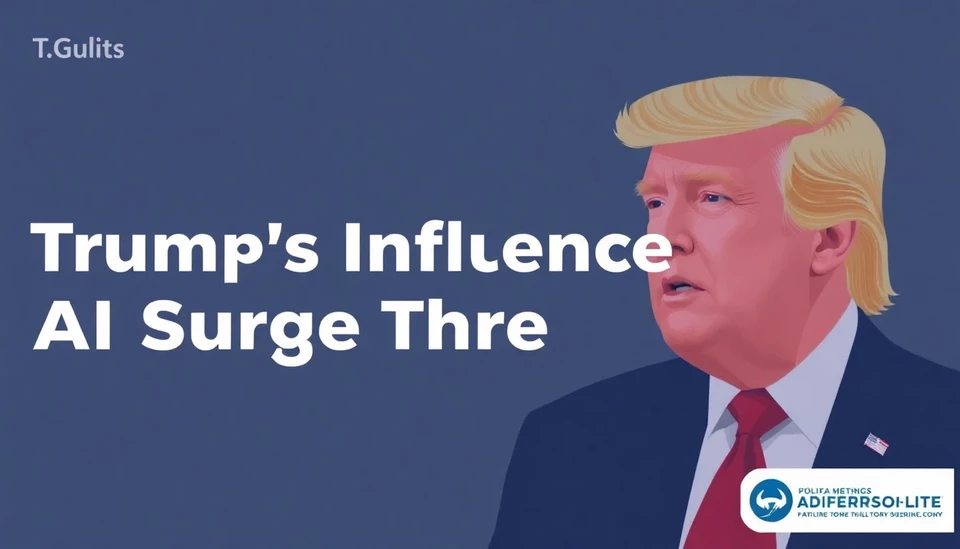
In a world increasingly reliant on technology and the potential of artificial intelligence (AI), the intersection of politics and innovation is reshaping the future of energy utilities in the United States. As the country gears up for the 2024 presidential elections, former President Donald Trump's influence is becoming a significant consideration for energy regulation and climate initiatives.
Following the Biden administration’s aggressive climate agenda, which aims to curtail emissions through renewable energy promotion, Trump's potential return to the political forefront has raised concerns among environmentalists. The former president's stances, which have historically favored fossil fuels over renewable resources, could swing the pendulum away from crucial climate commitments, especially as the AI boom continues to redefine efficiency and production in energy sectors.
While AI has enormous potential to optimize energy production and consumption, the current political narrative suggests that if Trump's policies take precedence, investments in environmentally friendly technologies might dwindle. This could lead to a nostalgic reversion to practices that prioritize immediate economic gains over long-term sustainability, undermining the progress made in reducing reliance on fossil fuels.
Utility companies, which have recently started embracing green technologies to meet emissions reduction targets, face a precarious situation. The inevitable shift towards utilizing AI to enhance operational efficiency brings both opportunity and risk. On one hand, AI can significantly lower costs and improve reliability; on the other, the lack of political support for clean energy could stifle innovations that would typically be reinforced by regulatory frameworks.
The challenge lies in aligning corporate strategies with governmental policies that may fundamentally change depending on the electoral outcome. For utility companies, preparing for a possible shift back to pro-fossil fuel policies will create a dilemma as they attempt to balance profit incentives with their commitments to environmental sustainability.
Market analysts are closely monitoring the situation, suggesting that the dynamics of AI development could either bolster or hinder climate initiatives depending on how they are harnessed. The future of energy efficiency may hinge on whether utility companies can adapt quickly to shifting political winds while keeping an eye on the potential that advanced technologies offer. A robust regulatory framework is critical to ensuring that AI advancements align with climate goals rather than competing against them.
The upcoming election is crucial not only for the political landscape but also for the climate goals that many across the country hope to achieve. The intersection of Trump's policies and AI capabilities could determine the trajectory of energy production in the U.S. for years to come, making it imperative for stakeholders to remain vigilant and prepared for whatever political changes loom on the horizon.
Ultimately, the convergence of energy politics and technological advancements will play a pivotal role in shaping the future of climate policies. As the nation steps toward the 2024 elections, the ongoing debate around AI, energy, and environmental responsibility will only intensify, reflecting broader societal values and the urgent need for a sustainable energy future.
#Trump2024 #RenewableEnergy #AIBoom #ClimateGoals #EnergyEfficiency #Sustainability #PoliticalImpact
Author: Sophie Bennett




